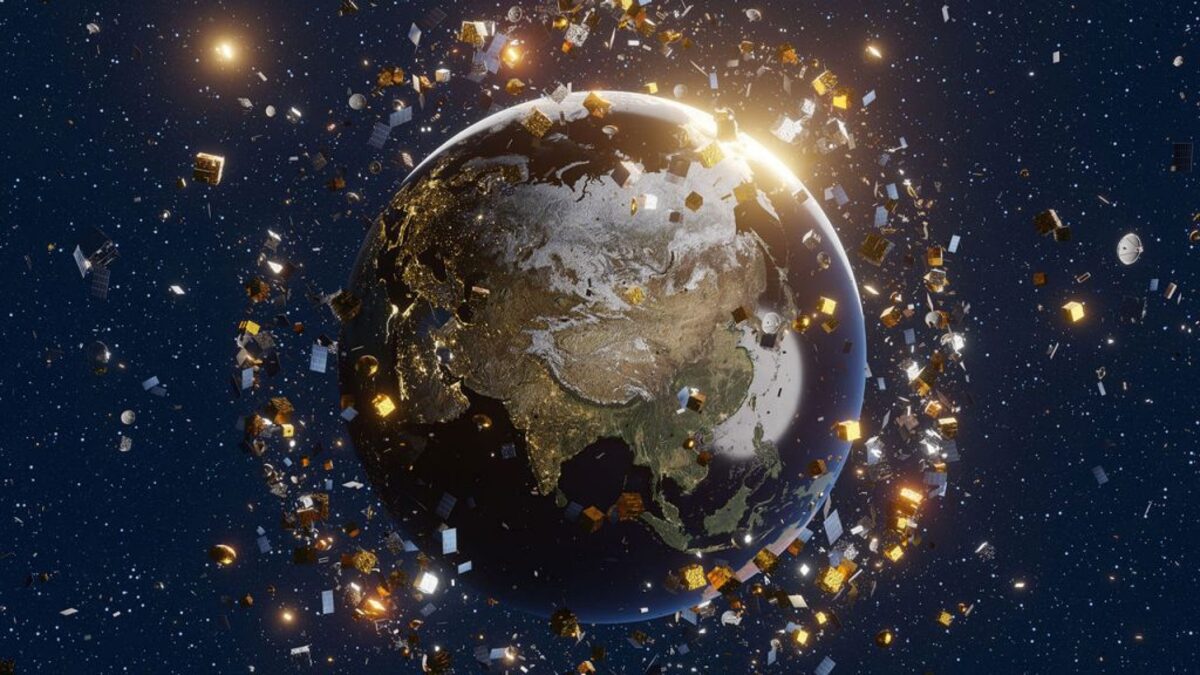Global Action Needed to Tackle Orbital Pollution
Staff Reporter
21 January 2025, 6:00 PM
 Experts call for global space debris agreements.
Experts call for global space debris agreements.University of Auckland experts Dr Thomas Dowling and Te Kahuratai Moko-Painting are helping lead the charge for a global effort to prevent pollution in space.
Their work highlights the growing problem of space debris and the urgent need for international agreements to protect Earth’s orbit.
The number of satellites and other objects in space is increasing rapidly, and experts warn this could cause serious issues if not managed carefully.
Dr Dowling and Moko-Painting have shared their concerns as part of a global push to keep space safe and sustainable for the future.
The United States and China are major players in this, launching thousands of satellites into space every year.
With over 95 countries and companies now sending objects into orbit, the experts stress that global cooperation is needed to manage this shared space.
This issue is not unlike the pollution in our oceans, which were once seen as endless resources.
Just as the oceans have been overused, experts warn that space could face similar problems if we don't take care of it.
The Pacific Ocean, in particular, is becoming a dumping ground for outdated spacecraft.
Chemicals from old satellites are leaking into the water, raising concerns for the environment.
While the effects on the ocean are still being studied, the risks are clear.
Space is infinite, but the useful orbital ‘shell’ of our planet is limited.
According to the European Space Agency, more than 14,700 satellites have been launched since 1957, and about 9,780 are still in orbit.
The rise of large satellite networks, like SpaceX’s Starlink, which plans to launch up to 42,000 satellites, is making things even more crowded.
Most satellites only last about five years, and when they are no longer needed, they burn up as they fall back into Earth’s atmosphere.
But this creates more pollution, releasing particles into the air.
In 1978, NASA scientists warned that if too many objects collide in space, it could lead to a chain reaction where debris causes even more debris, making Earth’s orbit unusable.
There have been some efforts to reduce space pollution, like the US Artemis Accords and the European Space Agency’s Zero Debris Charter.
However, experts agree that a stronger, worldwide agreement is needed.
Dr Dowling and Moko-Painting suggest creating a new global goal, similar to the one protecting the oceans, to keep space clean and safe for everyone.
Their research, published in One Earth journal, calls for immediate action to protect space from becoming another polluted environment, urging governments and companies to step up and work together to keep our skies clear for future generations.
Have a News story to share?
Contact [email protected]
TRADES & PROFESSIONAL SERVICES

